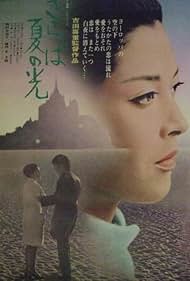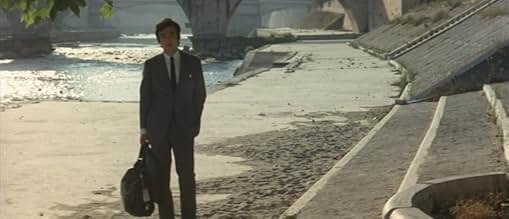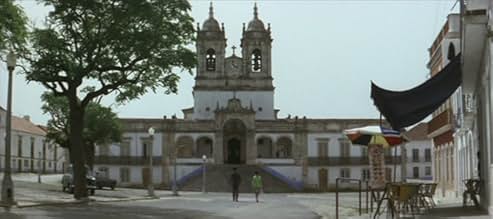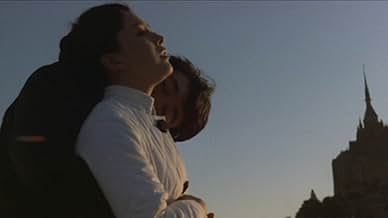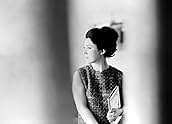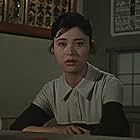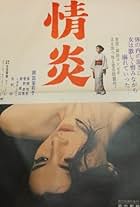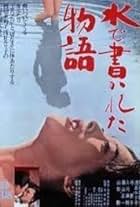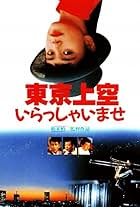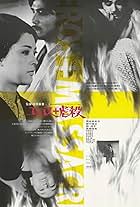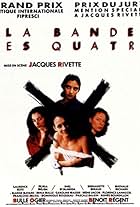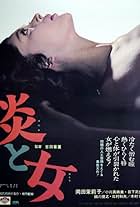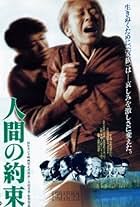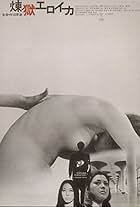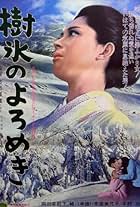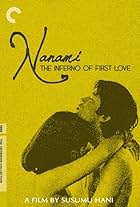I'm lucky enough to have a source of these Japanese new wave films. Some of them are wonderful. Some, like this, are just typical but radical experiments.
The setup here is a couple. They are both Japanese. She is married to a European, is haunted by the Nagasaki bomb which killed her father. The two are in love. That's all you need to know about the story.
Its the staging of the thing that matters. Each scene lasts a minute or so and is a different location. They span much of Europe, the capitals of the Old Europe. The two walk past each other. Face each other. Face away. Each scene is based on one movement or stance, usually photographed from a distance. Many of these within the location and between locations use radical jump cuts, sometimes overlapping in time.
That's it. That's the experiment. Space, vacuum, distance, passing.
The version I saw had handmade subtitles that were a literal translation by a non-English speaker. They were spookily abstract, and fit the mood.
I've noted it elsewhere: these experiments aren't films in the sense that they connect. They're essays, experiments, concept statements, sketches. They need to be judged differently, but they almost always are better when made in Japan. Here, that pull is the driver of the thing: the visiting of Japan in the European space; the pull back to the land; the embodiment of touch is the pull and everything else is merely the space, the acquired context.
It almost works.
Ted's Evaluation -- 2 of 3: Has some interesting elements.
